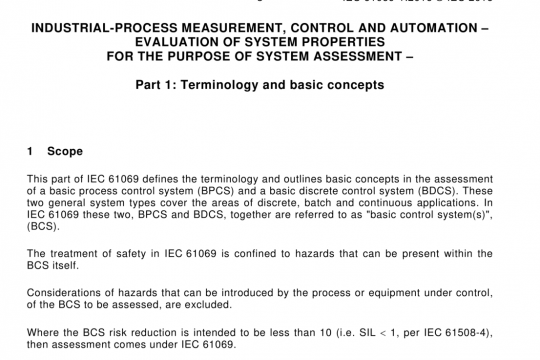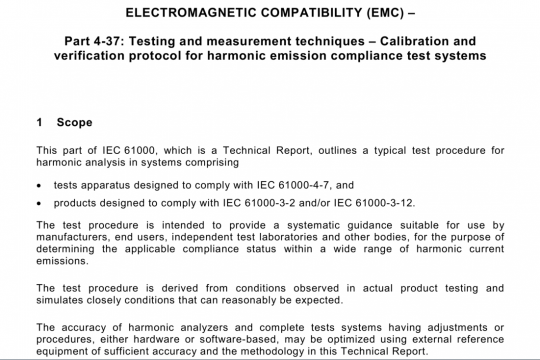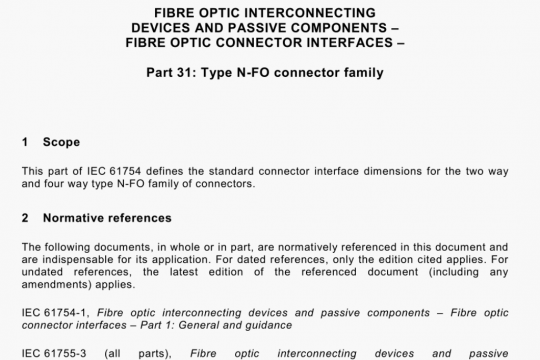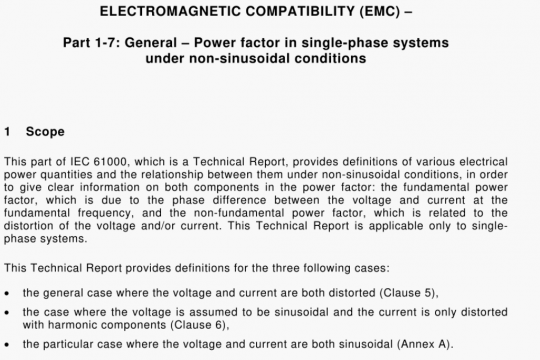IEC TR 63226 pdf free download
IEC TR 63226 pdf free download.Managing fire risk related to photovoltaic (PV) systems on buildings.
4.3.4 Use of building
4.3.4.1 General
Building use can play a major role in the risk profile of a project. The financial risk of a fire is closely related to the risk to human life and the risk to structures and building contents. A barn housing hay for livestock may be a low risk, particularly if the livestock is not housed in the structure. A warehouse storing consumer electronics may have a higher financial risk in case of fire. Thus a building full of people, such as a theatre or a shopping mall, has a much greater financial risk than either of the previous examples given the threat of loss of human life. These building types generally require more sensitive fire alarm and fire suppression equipment to help mitigate these risks. A PV system installation should take into account these varying levels of risk due to building use, especially with respect to the operation times (daylight) of the PV system, and employ the highest safety levels for buildings with the highest risks.
4.3.4.2 Building type considerations regarding risks to humans
Where risks to humans are involved, fire prevention measures and measures supporting firefighter safety are important (e.g. hospitals). Additionally, firefighters need quick access to the fire location to extinguish and avoid the spread of fire in the early stages of a fire before it becomes a problem for the people inside the building regardless of whether the PV was the cause or not. In order to access the fire, firefighters may need to open parts of the roof, depending on the location of the fire. Where this area is covered by PV modules, there is already a time delay, caused by removing modules and mounting structure.
Firefighting tactics vary from country to country. Therefore, measures for supporting firefighter activities should be chosen accordingly.
4.3.5 Building type considerations regarding financial risks
Additional safety measures may be selected according to the financial risks involved with losses at a particular building and place of business. This includes costs for any building contents and inventory as well as costs for interruption of the facility operations. For instance, a manufacturing process that is critical to the production of a particular product may require a high level of safety since the loss of facility production could interrupt the production of the final product. Facilities that have redundant manufacturing options would be a lower risk to the production. Also, the value of stored products will impact whether the facility has a higher or lower financial risk in the event of a fire. Safety measures should be selected based on the level of risk. Often the insurance company will determine the classification of risk.
In order to address financial risks, fire prevention measures are recommended as well as measures supporting firefighters. Damages and losses can be reduced when quick access to a fire location is enabled. This allows firefighters to extinguish the fire quickly and avoids the spread of fire in an early stage. In order to access the fire, firefighters often need to open parts of the roof. Where this area is covered by PV modules, there is additional time delay, caused by removing modules and mounting structure.
4.4 Measures for supporting firefighter and rescue service operations
4.4.1 General
Buildings are often constructed with a variety of measures that are intended to assist emergency responders in rescue and fire operations. The level to which these measures are employed is often correlated with the risk levels of the building, occupants and contents, and the response time available from the fire service and other emergency personnel. For example, buildings located more than 15 to 20 minutes from the closest fire response may need much more significant internal fire suppression equipment to address the longer fire response time.IEC TR 63226 pdf download.




